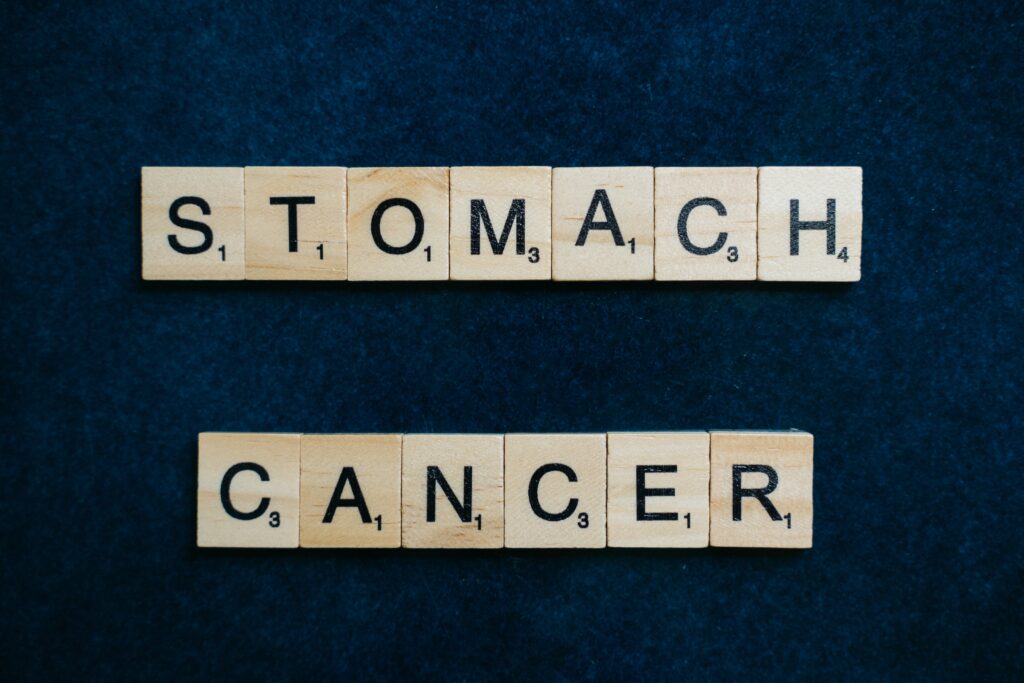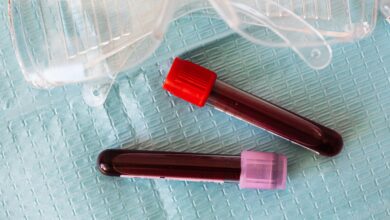What do you know about the functions of the stomach, its diseases and its treatment?

Stomach functions
The stomach temporarily stores food. But it is also the seat of the degradation of solid foods into a kind of mush called “chyme”.
When the food arrives in the stomach, it is reduced to fragments. This stage is made possible by the contraction of the stomach muscle, the muscularis. Composed of three layers of fibers arranged longitudinally, circularly and obliquely, it mixes and kneads food.
Then begins the chemical digestion. Only protein digestion begins in the stomach. The mucosa contains glands that secrete gastric juices. Under normal conditions, the production of juices is 2-3 liters per day. Hydrochloric acid and enzymes are also produced by stomach cells. All of these substances are mixed with the food and break it down. Crushed, it is transformed into liquid, the chyme. At this point, the chyme is at the level of the pylorus. It is then propelled little by little into the small intestine by contraction of the stomach. Typically, the stomach empties in about 4 hours after a balanced meal and a minimum of 6 hours for a high fat meal.
Interestingly, a mucus coats the stomach lining to counteract the corrosive effects of hydrochloric acid and enzymes.
Stomach pathologies
Stomach pathologies include aerophagia, gastroesophageal reflux disease, stomach cancer, and many others. Discover all the pathologies associated with the stomach.
Aerophagia
Aerophagia is a physiological phenomenon characterized by abnormally high air intake during swallowing. Air accumulates in the esophagus and sometimes a small amount in the stomach when the subject drinks or eats, causing bloating and belching or burping.
Gastroesophageal reflux
Gastroesophageal reflux or heartburn refers to the rising of part of the contents of the stomach into the esophagus. This content is very acidic and the wall of the esophagus is not designed to withstand such acidity, which leads to its inflammation which results in feelings of burning or irritation.
stomach cancer
Stomach cancer develops from a parietal cell, i.e. a cell in the wall of the stomach, initially normal, which multiplies uncontrollably to form a mass called a tumor. smart. It is a cancer that progresses slowly and is rarely encountered before the age of 50.





